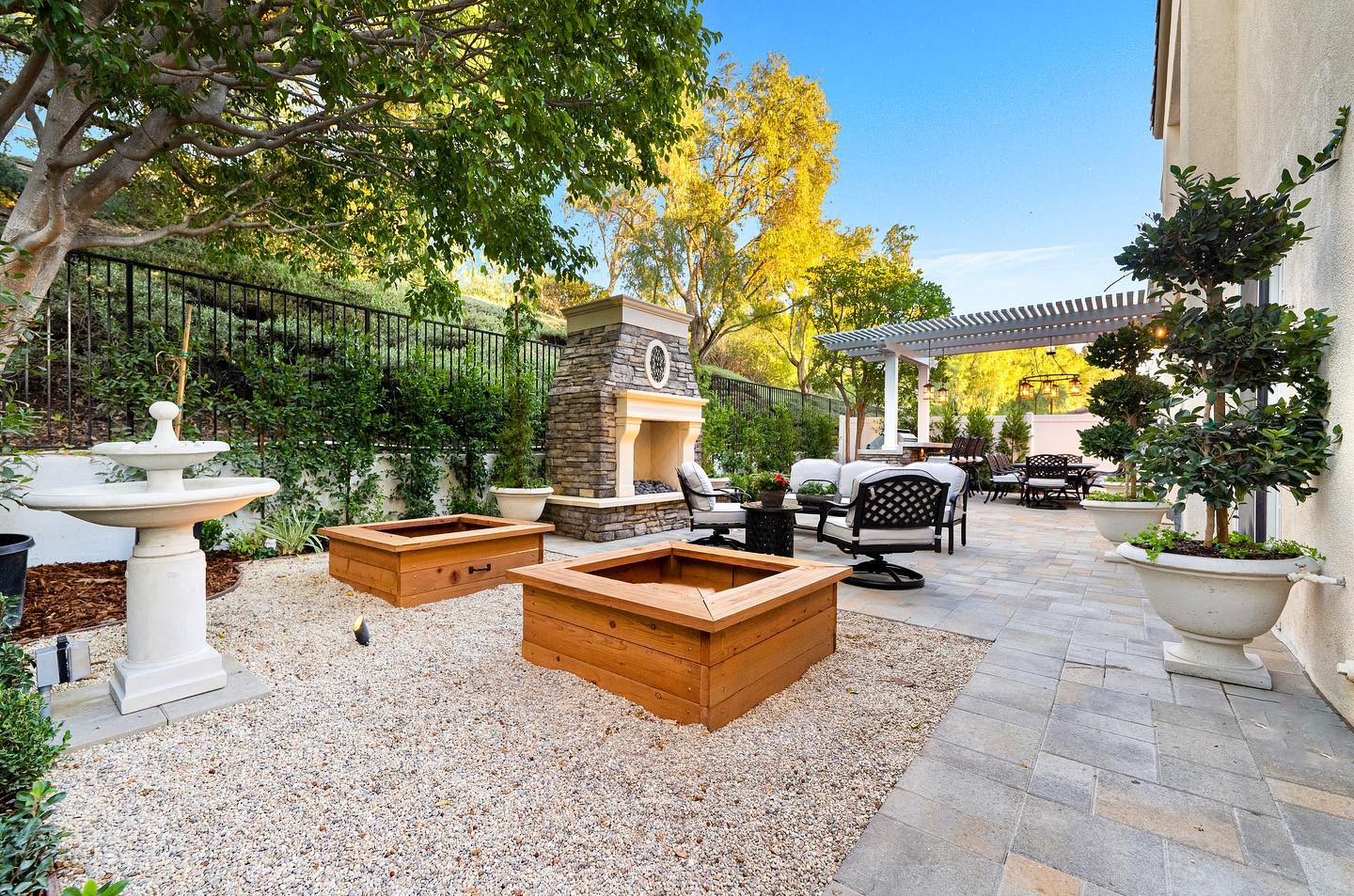
Key Takeaways
When it comes to installing a privacy fence, one of the most important decisions you'll make is choosing the right height. The height of your outdoor space fence not only determines how much privacy you'll have but also impacts the overall look and feel of your yard.
A properly sized fence can enhance your home's security, create a peaceful retreat, and even increase property value. Choosing the correct height for your privacy fence depends on several factors, including local regulations, your specific needs, and the layout of your property.
Understanding these elements when working on your backyard patio will help you make an informed decision that balances aesthetics, functionality, and compliance with local laws.
Before deciding on the height of your privacy fence, it's crucial to check local regulations. Many municipalities have rules regarding maximum fence heights, especially for front and backyard fences. Typically, front yard fences are limited to a height of 3 to 4 feet, while backyard fences can be taller, often up to 6 or 8 feet.
Violating these regulations can result in fines or having to modify your fence, so it’s essential to know the rules before starting your project. You can usually find this information by checking with your local zoning office or homeowners’ association.
Your specific privacy needs will heavily influence the height of your fence. If you live in a densely populated area or have close neighbors, you may require a taller fence to maintain your privacy. On the other hand, if your home is on a larger lot or you have a lot of natural barriers like trees, a shorter fence might suffice.
For example, a 6-foot fence is generally adequate for blocking the view from nearby homes, but if your yard is on a slope or your neighbors’ homes are taller, you might need an 8-foot fence. Assessing your needs will help you determine the minimum height required to achieve your desired levelA level is a tool used to determine whether a surface is horizontal (level) or vertical (plumb). It ... of privacy.
The landscape and terrain of your property are also key factors in deciding the height of your privacy fence. If your yard is flat, a standard 6-foot fence may be sufficient. However, if your property is on a hill or has varying elevations, you might need to adjust the fence height to account for the terrain.
For example, if your yard slopes downwards from your house, you might need a taller fence at the lower end to maintain consistent privacy. In some cases, you may also consider a stepped or sloped fence design to accommodate the changes in elevation while keeping the fence effective and visually appealing.
Security is another important consideration when choosing the height of your privacy fence. A taller fence provides better protection against intruders, as it is more difficult to climb. If security is a top priority, you may want to opt for a fence that is at least 7 or 8 feet tall.
However, it's important to balance height with other security features. For instance, a very tall fence might block visibility and make it easier for someone to hide while attempting to break in. Pairing a tall fence with security lighting or cameras can help maximize safety without compromising your home’s security.
The height of your fence also affects the overall look of your property. A fence that’s too tall might make your yard feel closed in or unwelcoming, while a fence that’s too short might not provide enough privacy or visual impact. The key is to find a height that complements your home’s architecture and landscaping.
For example, a modern home might look best with a sleek, tall fence that matches its clean lines, while a cottage-style home might benefit from a shorter, more open fence that enhances its charm. Consider how the fence height will interact with other elements in your yard, such as trees, shrubs, and garden features.
Taller fences generally require more maintenance than shorter ones, as they have a larger surface area exposed to the elements. Before choosing a fence height, think about the time and effort you’re willing to invest in upkeep.
For instance, wooden fences need regular staining or painting to prevent rot, while vinyl or metal fences are more low-maintenance but still need occasional cleaning.
When installing a privacy fence, it’s important to consider your neighbors. A very tall fence might block their view or sunlight, leading to potential disputes. Before finalizing your plans, it’s a good idea to talk to your neighbors about your intentions. They may have preferences or concerns that you can address to maintain good relations.
In some cases, you might find a compromise that works for both parties, such as adjusting the height of certain sections of the fence or choosing a less obtrusive design. Being considerate of your neighbors can prevent conflicts and ensure everyone is happy with the outcome.
Finally, your budget will play a significant role in determining the height of your privacy fence. Taller fences require more materials and labor, which increases the overall cost. Before making a decision, calculate how much you’re willing to spend and compare it to the costs associated with different fence heights.
If budget is a concern, consider whether you can achieve the privacy you need with a slightly shorter fence, or if there are other ways to reduce costs, such as choosing a less expensive material. It’s important to find a balance between your privacy needs and your budget to ensure you get the best value for your money.
At West Hills Masonry, we understand that choosing the right height for your privacy fences and walls is a critical decision. As experienced hardscape contractors, we help homeowners navigate this process by offering expert advice and customized solutions.
We take into account your privacy needs, local regulations, landscape, and budget to design and install a fence that not only meets your expectations but also enhances your property. Trust our team to deliver quality craftsmanship and a fence that provides the privacy and security you desire.
Contact us for expert guidance.
 Carlos Gonzales
Carlos GonzalesLocations We Serve
Schedule A Consultation